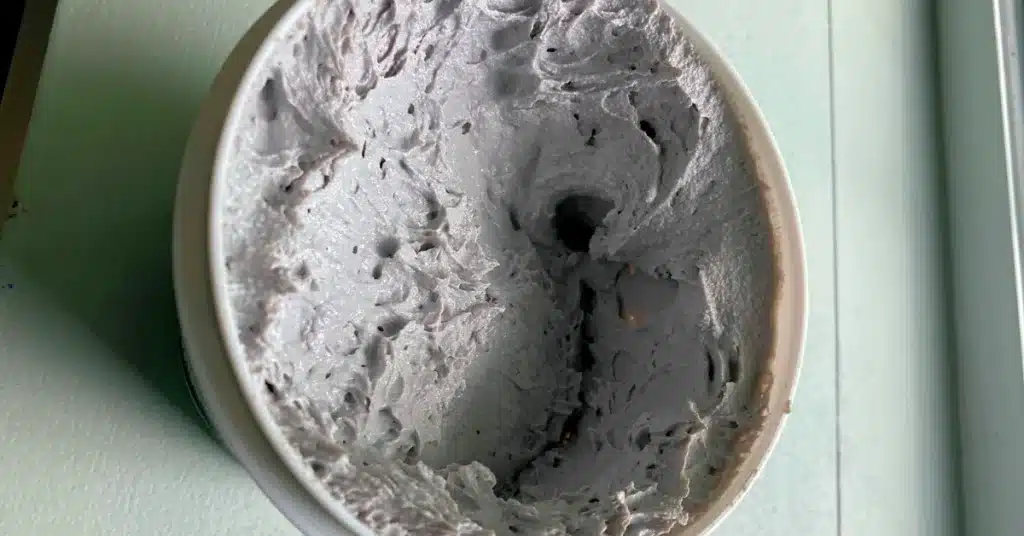The installation of tiles is not an easy task. Tile adhesive plays a crucial role in the installation process. Your tile will not stick to the surface if you do not use a good tile adhesive.
MusselBound is an adhesive tile mat that can be directly applied to the surfaces without using any mortar.
Mortar is a so-called tile adhesive which is actually a mixture of cement, sand, water and lime.
There should be no comparison between them as they are different products in action. So, I try to analyze musselbound vs. mortar to dismiss all confusion you have about them.
Read More: MusselBound Adhesive Tile Mat Reviews
MusselBound Vs. Mortar

Overview of MusselBound
MusselBound is actually a peel-and-stick adhesive mat. It is used instead of traditional tiles and without using any additional adhesive or mortar.
The MusselBound sheet is an industrial adhesive sheet that adheres directly to your wall. Next, set your chosen tile on top and finish off the job with grout. The process is really as simple as that.
MusselBound tiles can be stuck directly to the mat using adhesive instead of traditional mortar. You can do that with absolute comfort by not doing any mess, unlike traditional mortar.
Pros and Cons of MusselBound
Pros
- It produces no dust or debris.
- Super simple to use, especially for inexperienced people.
- It takes less time to complete the project.
- No need of mixing or applying mortar.
Cons
- Less tile design option.
- It is not as durable as mortar in high-traffic areas.
- Uneven surfaces are no good for it.
- It may not suit every tile installation.
Overview of Mortar
Mortar is actually a building material that has been used for centuries. If you want to make it, then you have to mix cement with lime, sand and water.
This traditional adhesive is used as tile adhesive during tile installation. It helps the tile to be in place without causing any problems. Tiles are applied to surfaces by using mortar on them and then pressed into place.
It is definitely durable and strong for tiles to handle high traffic or heavy objects. It is a popular solution for tile installation.

Pros and Cons of Mortar
Pros
- Superb strength and durability are ensured by it.
- Its versatility makes it work on more surfaces.
- It is suitable for high-traffic areas or heavy objects.
- It’s more affordable for larger tile installations.
Cons
- Produces a lot of dust or debris during installation.
- It takes time to complete the project.
- Need the expertise to mix and apply it.
Read More: MusselBound Vs. Thinset
Which One Should You Use? MusselBound Or Mortar?
When the specific needs of the project are being considered, MusselBound and Mortar can be chosen. Before making a decision, it is important to consult with a professional or the manufacturer’s instructions.
If a smaller tile installation is being worked on or if the person doing it is a DIYer with limited experience, MusselBound may be considered a better option.
However, if the tile installation is larger or the area is expected to see heavy use, mortar is likely to be considered the better choice due to its superior strength and durability.
Note that, MusselBound may not be suitable for all types of tile or surfaces. And mortar may require specific mixing ratios or application techniques to achieve the desired results.
Can You Remove MusselBound?
The size of the tile installed will determine whether MusselBound can be removed. Tiles that are smaller are easier to pry off.
Can You Use MusselBound on Shower Walls?
What will MusselBound stick to?
Before using MusselBound, it’s essential to ensure the surface is clean, dry, and free of any debris or loose paint. Additionally, not all surfaces may be suitable for the adhesive, and certain materials like natural stone may require additional support. Always follow the manufacturer’s guidelines and recommendations when using MusselBound for your tiling project.
Last Opinion
You will decide which one you want to use for your next project by analyzing them. Here, I tried to make an analysis on musselbound vs. mortar to ease your job.
For smaller tiles and an easier tile installation process, MusselBound may be the option for you. You can also use it if you are a DIYer.
The mortar, which is a traditional tile adhesive, may be a good option for larger tiles and areas of heavy use.

